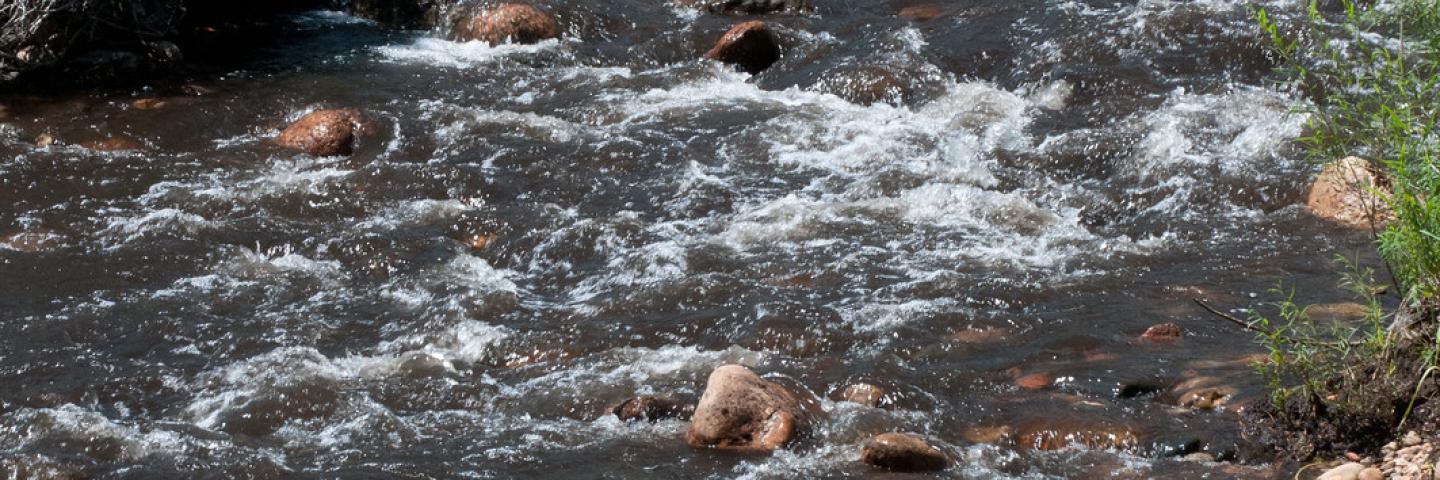
Protecting the resources that provides drinking water to communities - source water - is vital to the health of many Americans. NRCS works daily with partners to ensure community's source water remains clean and available.
Working lands can be key to protecting clean drinking water: We can help!
Agriculture is a vital part of our infrastructure and so is water. The Natural Resources Conservation Service (NRCS) is working to prioritize land and water conservation practices on private working lands. These practices provide many benefits, including protecting public and private drinking water supplies. In N.H., there are over 700 source water protection areas which are associated with intakes for surface water (lakes, reservoirs and rivers) or groundwater wells in aquifers. Surface waters are often more at risk for from pollutants such as excess nutrients, sediment, chemicals, and bacteria. Many towns and cities in N.H. are dependent on surface waters to supply drinking water to their residents.
Explore Source Water Resources

Source Water Priority Areas in N.H.
Find out where in the Granite State we are focusing our efforts to ensure clean water for our communities.
View an interactive map of NRCS, N.H.'s source water priority areas here.
Not every community uses above ground waterbodies to source their drinking water. For those that do, it is vital that the source water remain clean and free of excess nutrients, contamination or particulate materials. Healthy forests and conservation practices can have a positive impact on downstream water.

N.H. Source Water Fact Sheet
Find out more about how NRCS in New Hampshire protects source water in the Granite State.
View NRCS, N.H.'s Source Water Protection Fact Sheet here:
NRCS and our partners are committed to helping our farm and nonindustrial private forest landowners implement conservation solutions on their lands that have a positive impact to communities downstream. In this document you will learn more about the programs we have available to address water resource concerns.
NRCS can assist private landowners:
NRCS is focused on improving private working lands and providing assistance to farmers and forest landowners to improve water quality. NRCS often starts by looking at the types of land uses in the watershed.
By assessing and installing best management practices on working agricultural lands and private forest land, and with conservation easements, we can assist in promoting soil health, reducing erosion and lessening nutrient runoff. This helps keeps rivers and streams clean, impacting the water quality at intake for drinking water.


